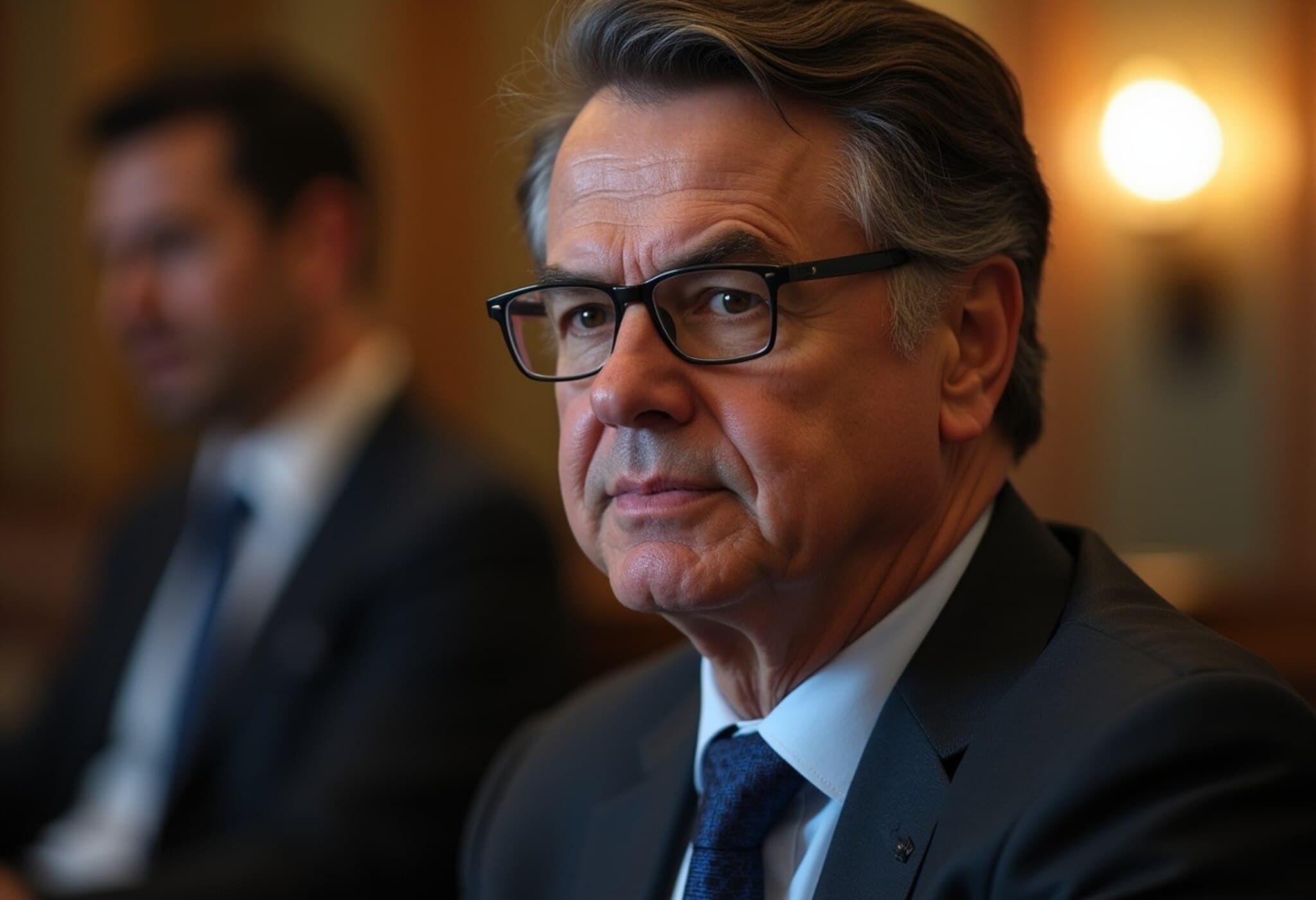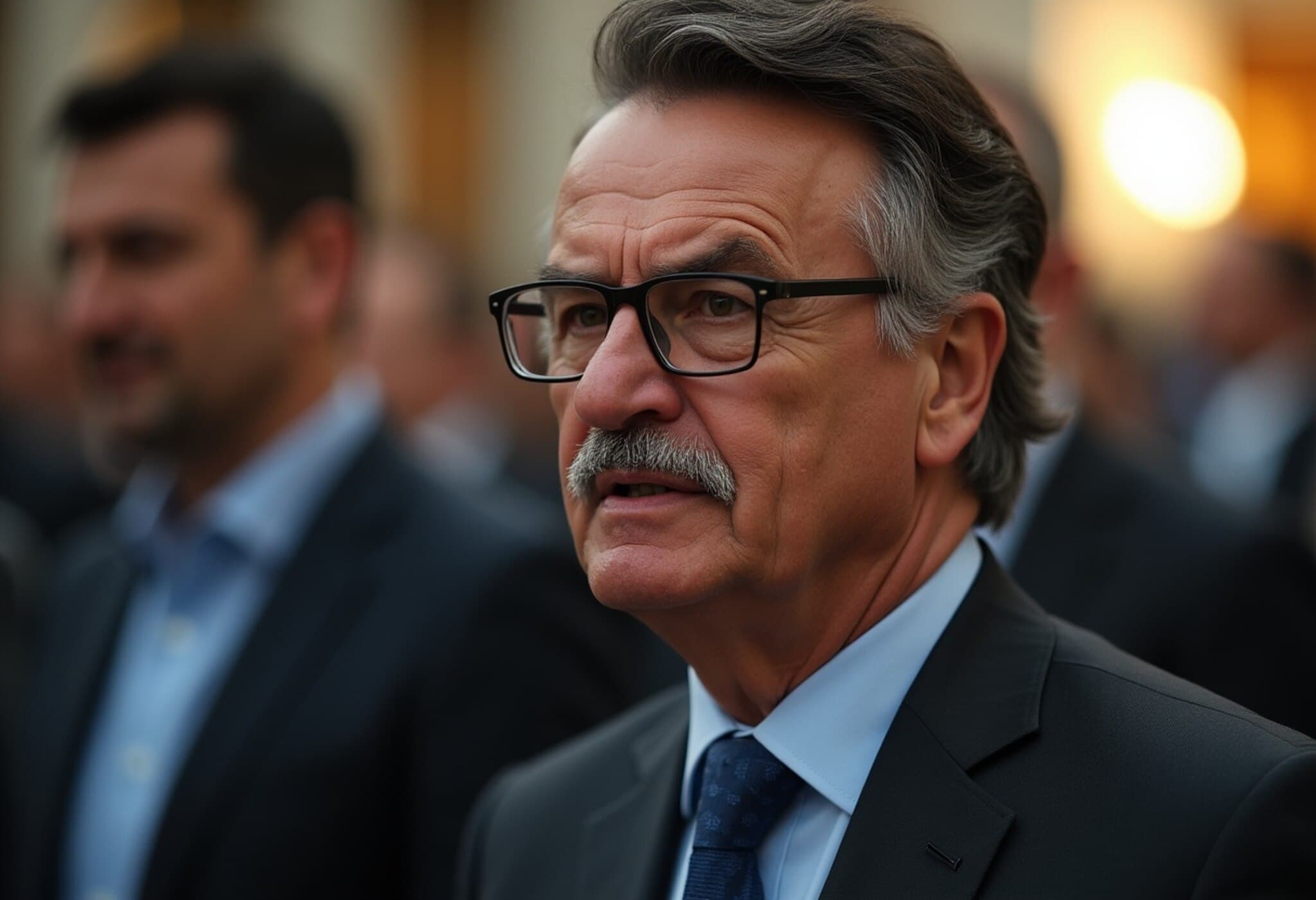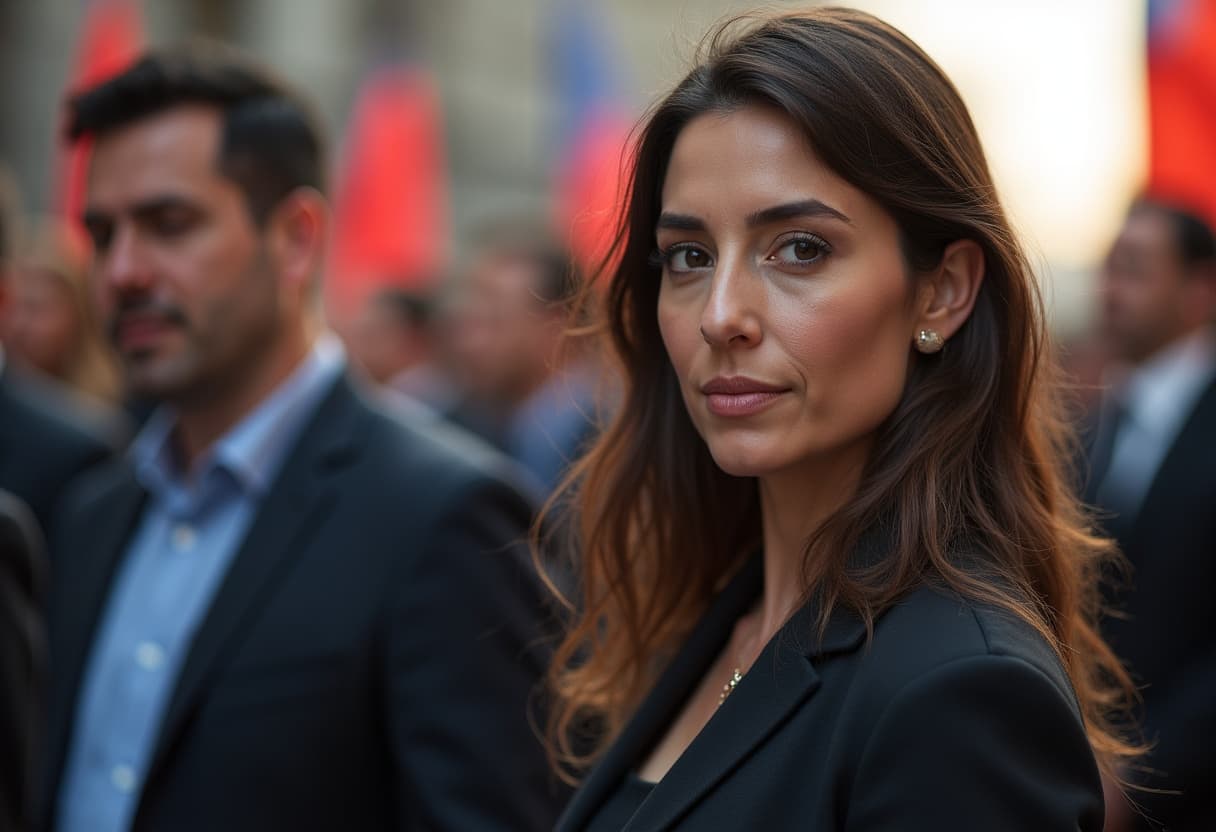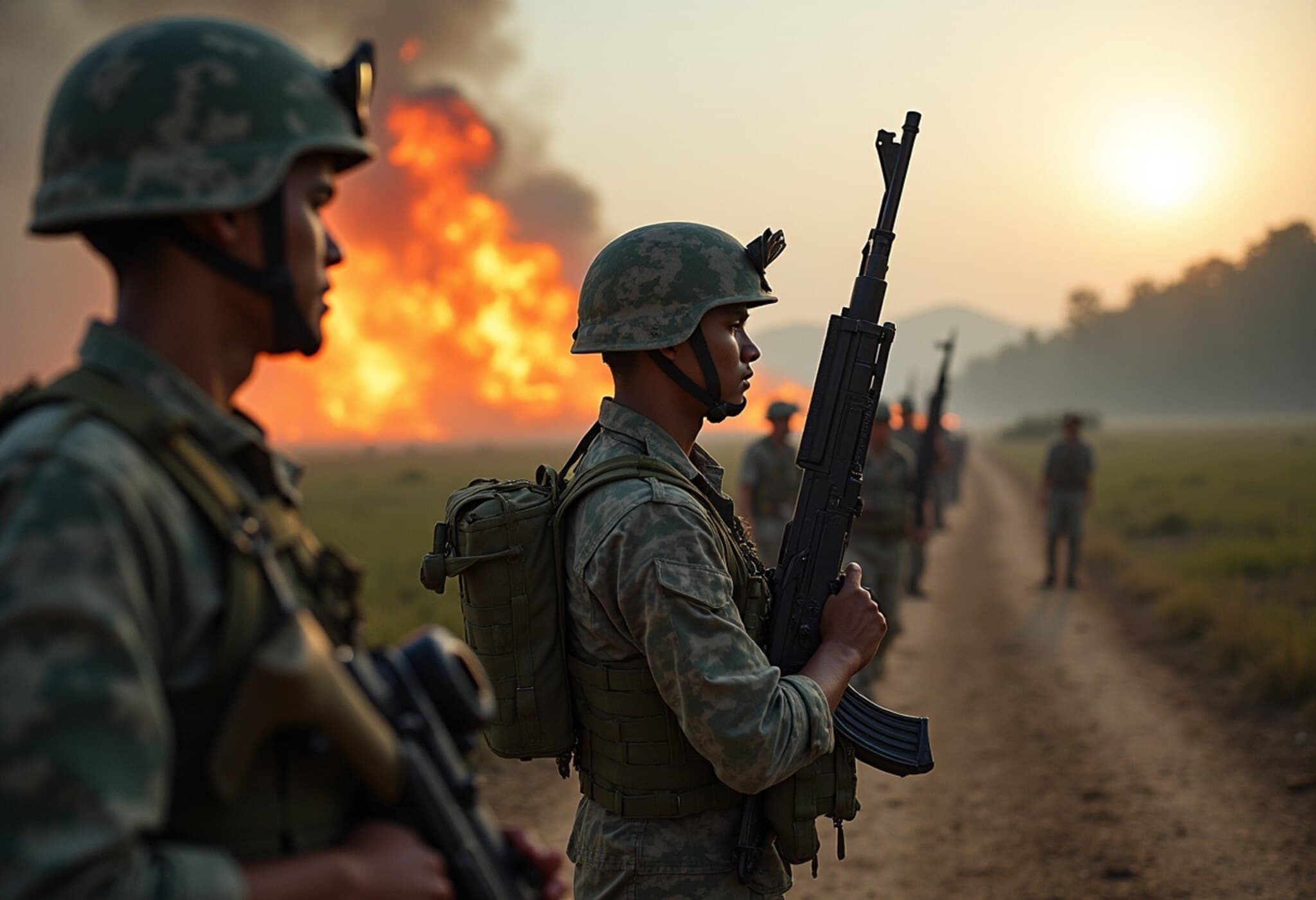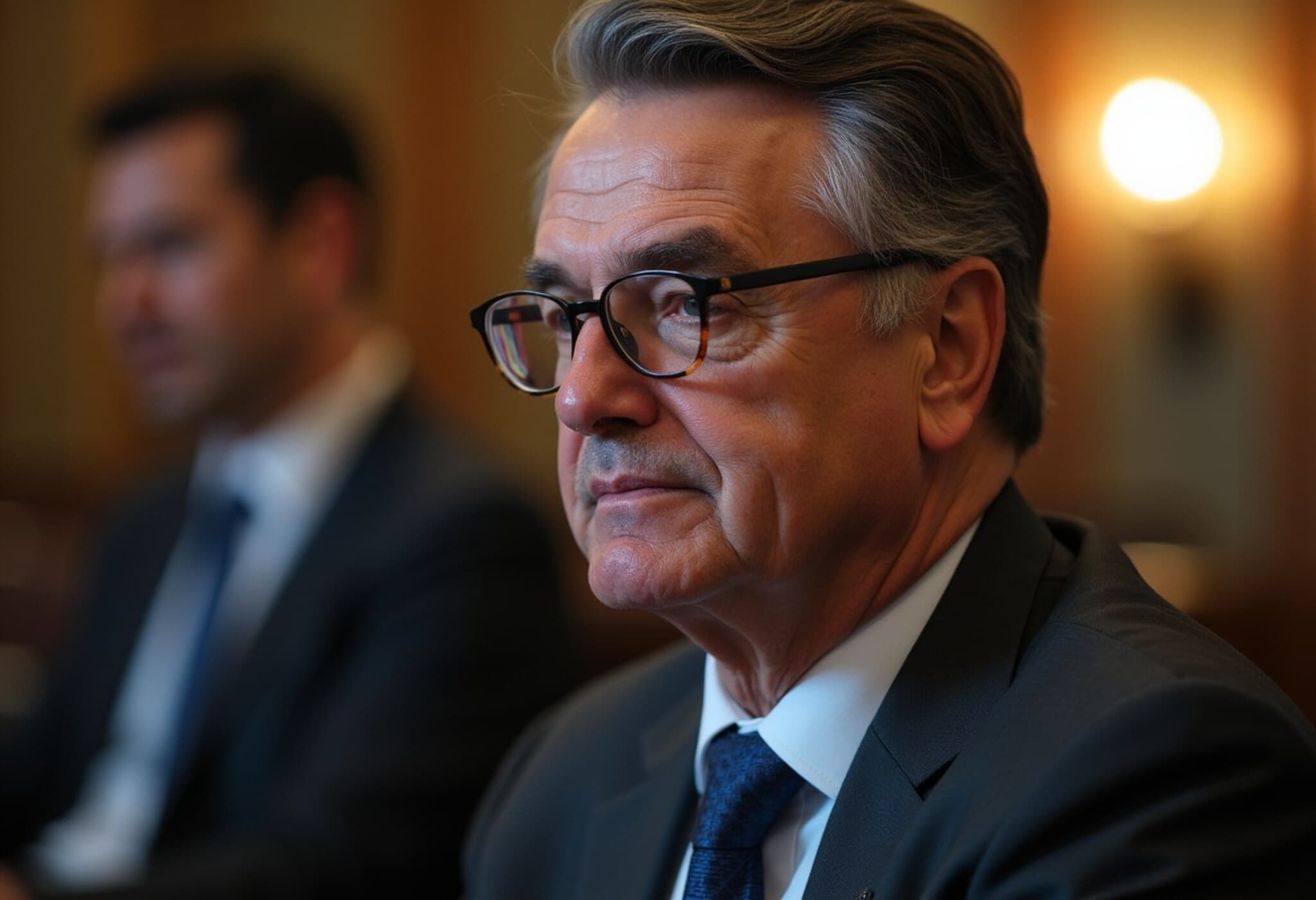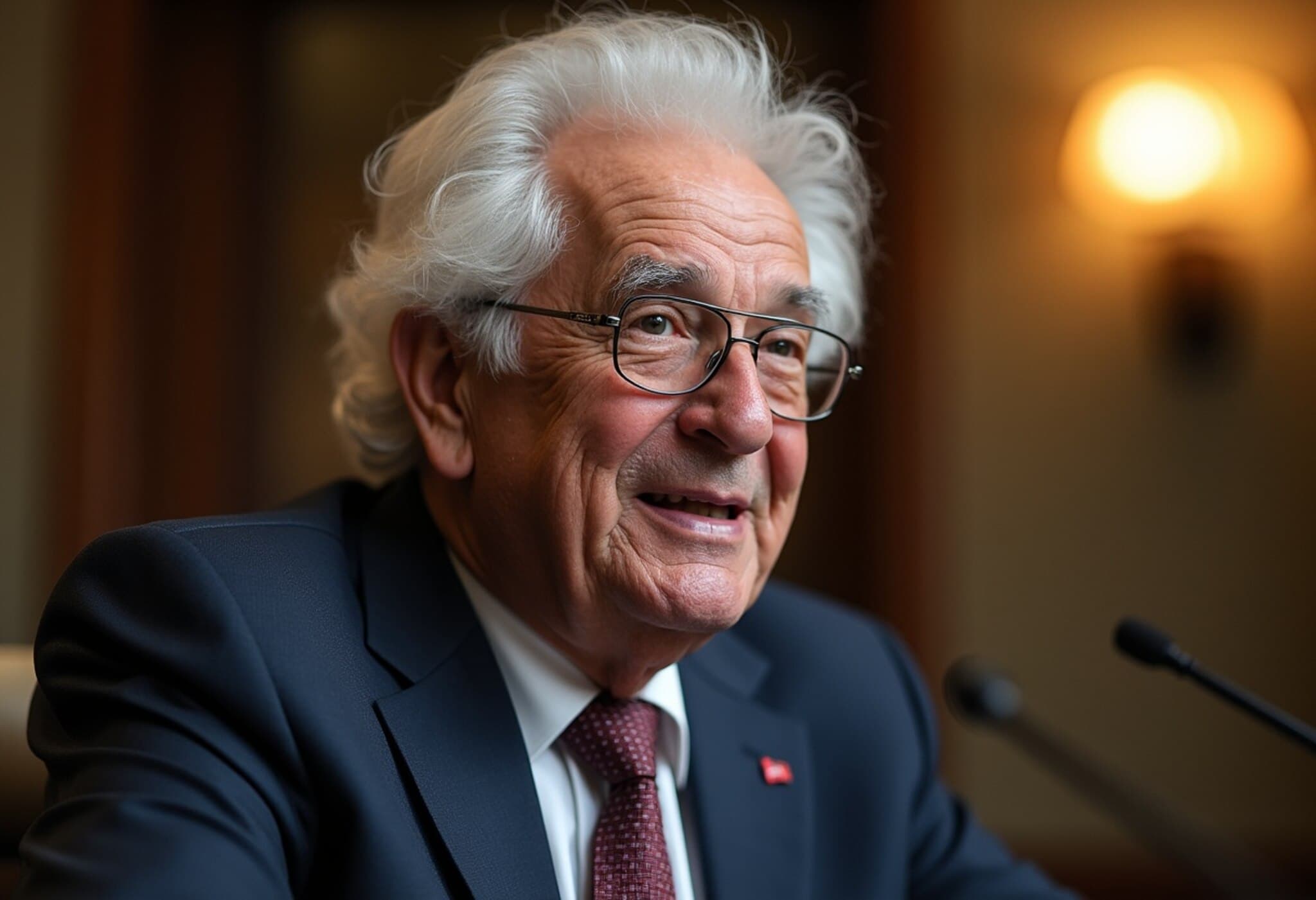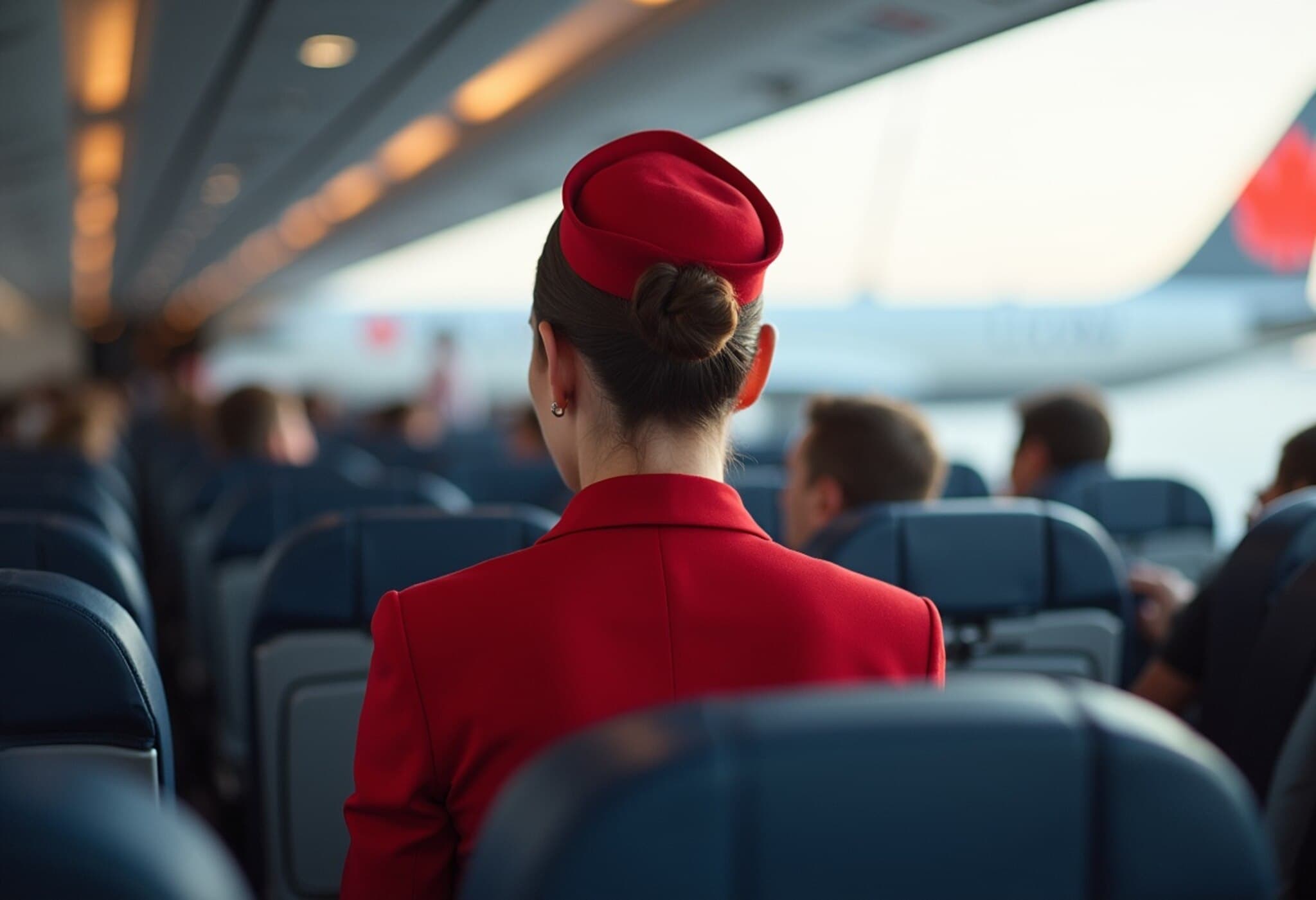US Revokes Visas of Officials Alleged to Be Involved in Cuban Medical Worker Program
In a significant escalation of its policy toward Cuba, the U.S. State Department announced this week it has revoked and restricted visas for select officials from Brazil, Africa, the Caribbean, and Cuba. These actions specifically target individuals believed to be connected to Cuba’s controversial international medical worker program.
Background: The Cuban Medical Missions Program
Since the 1960s, Cuba has maintained one of the world’s largest international medical cooperation initiatives, dispatching thousands of doctors and healthcare workers globally—particularly in Africa, Latin America, and the Caribbean. The program is often credited with expanding access to healthcare in underserved nations. However, critics, including U.S. officials, assert it functions as a form of labor exploitation.
Recent US Measures and Official Statements
On August 14, 2025, U.S. Secretary of State Marco Rubio announced that Brazil’s Ministry of Health official Mozart Julio Tabosa Sales and the former Pan American Health Organization (PAHO) officer Alberto Kleiman had their visas revoked. While the identities of other officials remain undisclosed, Rubio confirmed that affected persons hail from Cuba, Africa, and Grenada.
According to Rubio, Cuba’s program involves “medical professionals being ‘rented’ out by other countries at high prices, with the majority of the funds withheld by the Cuban government.” He warned that this scheme enriches Cuban authorities while depriving the Cuban people of essential healthcare. Rubio emphasized Washington’s intent to confront what it characterizes as forced labor practices and called on foreign governments to pay doctors directly rather than routing payments through Havana.
Cuba’s Response and Regional Perspectives
Cuba has strongly condemned these U.S. actions, labeling them a cynical attempt to undermine its foreign currency revenue amid ongoing economic hardships. Johana Tablada, Cuba’s Deputy Director of U.S. Affairs, criticized Secretary Rubio on social media, accusing him of prioritizing support for Israel in the Palestine conflict over healthcare and human rights issues.
Caribbean leaders and regional organizations have also rebuffed claims of exploitation, affirming the medical missions’ positive impact on public health across vulnerable populations.
Implications for International Relations and Health Diplomacy
This move extends a policy framework established in February 2025, when the administration expanded visa restrictions targeting individuals linked to Cuban medical missions. The ongoing U.S. hardline approach represents a shift away from the more conciliatory stance of prior administrations, reflecting deeper geopolitical tensions influenced by ideological opposition to Cuba's socialist governance.
Furthermore, Rubio accused the PAHO branch overseeing Latin America and the Caribbean of facilitating the Cuban program in contravention of Brazilian constitutional rules and circumventing U.S. sanctions, raising questions about international compliance and the role of multilateral agencies in such initiatives.
Expert Analysis: The Broader Context
From an American policy standpoint, this crackdown resonates with longstanding concerns over forced labor and human rights abuses wrapped within foreign aid—a contentious nexus that challenges global norms. However, critics argue that dismantling Cuba’s medical missions could harm recipient countries that depend heavily on these healthcare professionals, especially in resource-poor regions where health infrastructure is fragile.
Given Cuba’s economic distress and its reliance on income from these programs—estimated in the billions annually—the U.S. measures could deepen humanitarian challenges, potentially destabilizing regional health security.
Policymakers and international observers alike must weigh the ethical imperatives of combating exploitation against the practical consequences for global health, particularly amid ongoing pandemics and health crises.
Key Takeaways
- The U.S. has revoked visas of officials linked to Cuba’s medical missions.
- Cuba denies exploitation claims and condemns the U.S. actions as politically motivated.
- Regional leaders support the medical programs as vital to vulnerable communities.
- The controversy illustrates tensions between human rights concerns and global health diplomacy.
Editor's Note
As geopolitical rivalries unfold through policies targeting Cuba’s medical diplomacy, the global community faces a thorny dilemma: how to uphold labor rights and transparency without compromising essential healthcare services in under-resourced regions. This developing story underscores the complex interplay between economic survival, international relations, and ethical governance.
For readers, this raises pressing questions: How can the international community enforce fair labor practices while preserving humanitarian aid? What responsibilities do international organizations have when their programs intersect with contentious political dynamics? The answers will shape not only future U.S.-Cuba relations but also the global health landscape.


